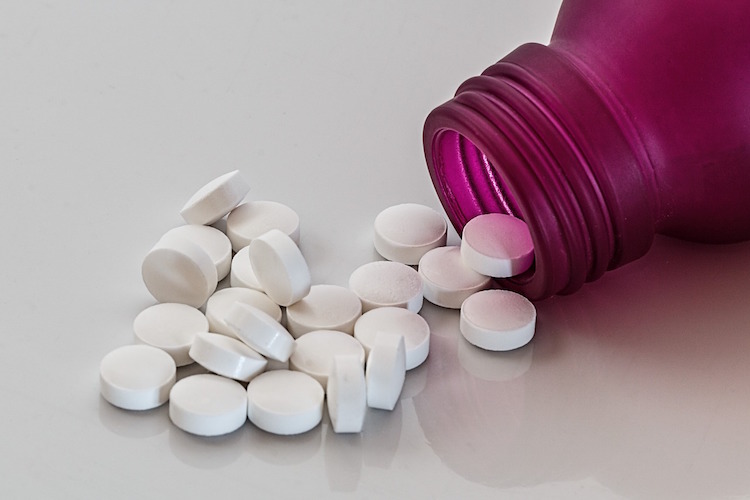Conventional medical wisdom has long held that placebo effects depend upon a patient’s belief that they are getting ‘the real deal’. A paper published today in the journal Pain is the first to demonstrate that patients who knowingly took a placebo in conjunction with traditional treatment for lower back pain saw more improvement than those given traditional treatment alone.
MORE: How Negative Headlines Can Impact Your Mental and Emotional Health
Kaptchuk, with colleagues at Instituto Superior de Psicologia Aplicada (ISPA) in Lisbon, Portugal, studied 97 patients with chronic lower back pain, which causes more disability than any other medical condition worldwide. After all participants were screened and examined by a registered nurse practitioner and board certified pain specialist, the researchers gave all patients a 15-minute explanation of the placebo effect. Only then was the group randomized into one of two groups; the treatment-as-usual (TAU) group or the open-label placebo (OLP) group.
The vast majority of participants in both groups (between 85 and 88 percent) were already taking medications – mostly non-steroidal anti-inflammatories for their pain, and none were on opioid medications. Participants in both groups were allowed to continue taking these drugs, but were required not to change dosages or make any other major lifestyle changes, such as starting an exercise plan or new medication, which could impact their pain.
RELATED: First Ever Quadriplegic Treated With Stem Cells Regains Motor Control in His Upper Body
In addition, patients in the OLP group were given a medicine bottle labeled “placebo pills” with directions to take two capsules containing only microcrystalline cellulose and no active medication twice daily.
At the end of their three-week course of pills, the OLP group overall reported 30 percent reductions in both usual pain and maximum pain, compared to 9 percent and 16 percent reductions, respectively, for the TAU group. The group taking placebo pills also saw a 29 percent drop in pain-related disability. Those receiving treatment as usual saw almost no improvement by that measure.
POPULAR: New Drug Inspires Hope For Alzheimer’s Cure
“It’s the benefit of being immersed in treatment: interacting with a physician or nurse, taking pills, all the rituals and symbols of our healthcare system,” Kaptchuk said. “The body responds to that.”
Kaptchuk speculates that other conditions with symptoms and complaints that are based on self-observation (like other kinds of pain, fatigue, depression, common digestive or urinary symptoms) may also be modulated by open-label treatment.
INSPIRING: Philippine Teen Discovers Powerful Natural Poison Against Zika Bugs
“You’re never going to shrink a tumor or unclog an artery with placebo intervention,” he said. “It’s not a cure-all, but it makes people feel better, for sure. Our lab is saying you can’t throw the placebo into the trash can. It has clinical meaning, it’s statically significant, and it relieves patients, which is essential to what medicine means.”
“Taking placebo pills to relieve symptoms without a warm and empathic relationship with a health-care provider relationship probably would not work,” added Carvalho.
(Source: Beth Israel Deaconess Medical Center)
Click To Share This Dose Of Positivity With Your Friends – Photo by Stevepb, CC




















